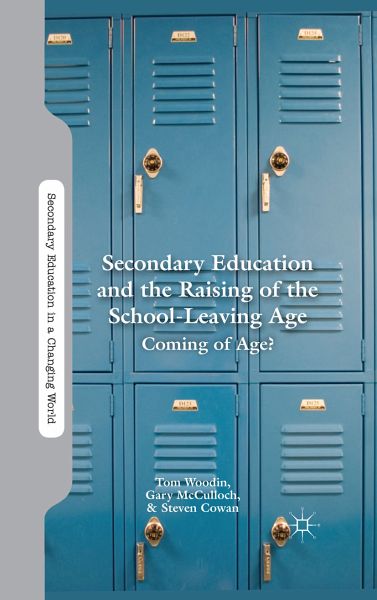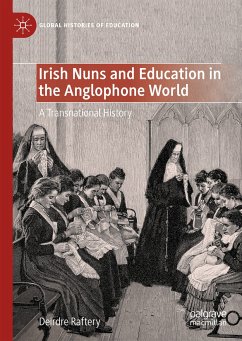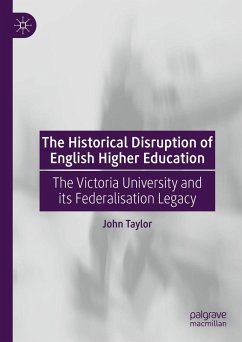
Secondary Education and the Raising of the School-Leaving Age (eBook, PDF)
Coming of Age?
Versandkostenfrei!
Sofort per Download lieferbar
40,95 €
inkl. MwSt.
Weitere Ausgaben:

PAYBACK Punkte
20 °P sammeln!
The progressive raising of the school-leaving age has had momentous repercussions for our understanding of childhood and youth, for secondary education, and for social and educational inequality. This book assesses secondary education and the raising of the school-leaving age in the UK and places issues and debates in an international context.
Dieser Download kann aus rechtlichen Gründen nur mit Rechnungsadresse in A, B, BG, CY, CZ, D, DK, EW, E, FIN, F, GR, HR, H, IRL, I, LT, L, LR, M, NL, PL, P, R, S, SLO, SK ausgeliefert werden.












